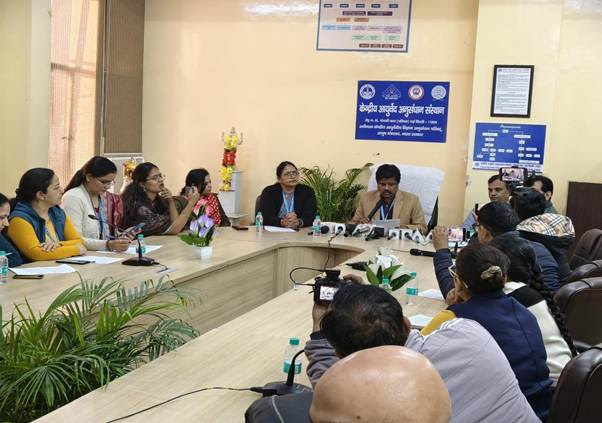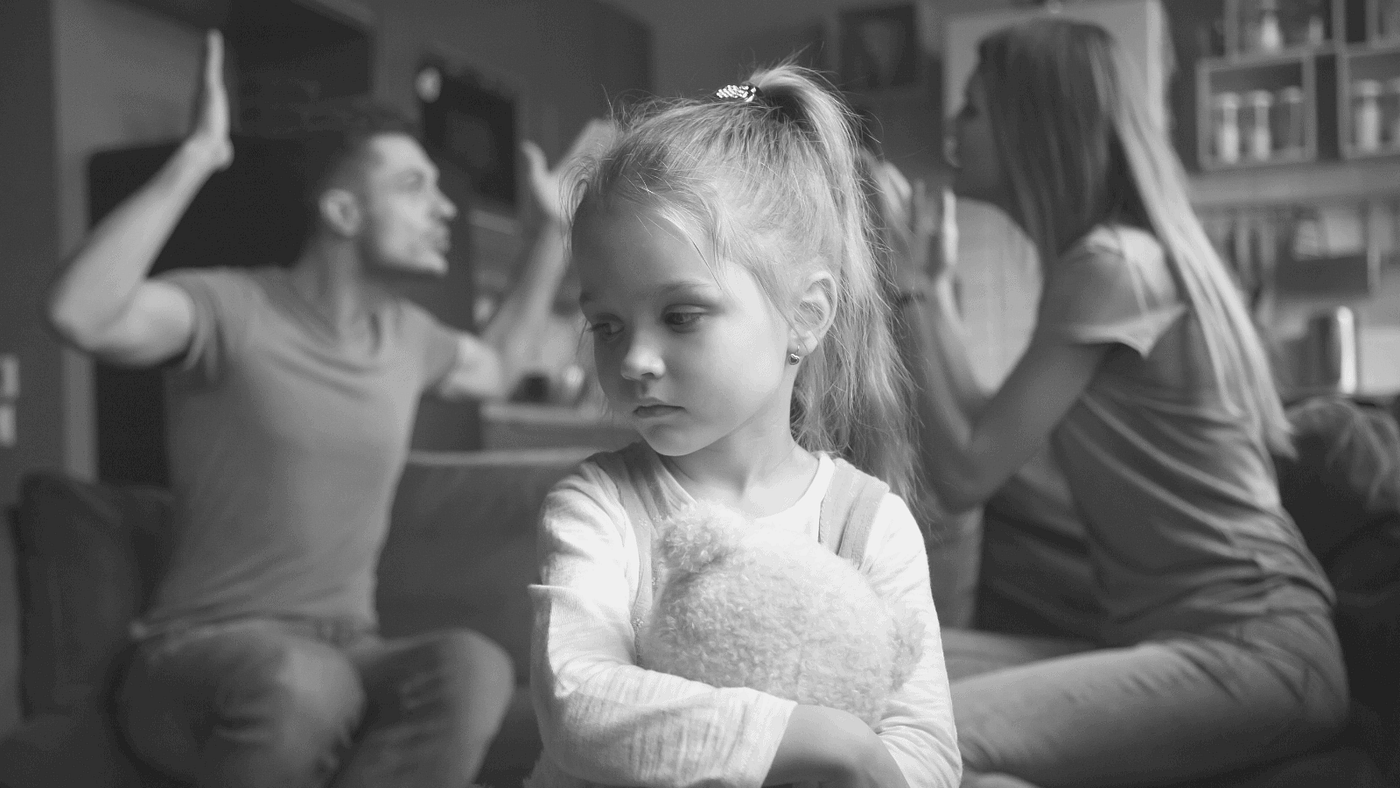Now Reading: Between Traditions and Today: How Indian Family Expectations Clash with Modern Realities
-
01
Between Traditions and Today: How Indian Family Expectations Clash with Modern Realities
Between Traditions and Today: How Indian Family Expectations Clash with Modern Realities

In many Indian households, expectations around career, marriage, lifestyle, and family roles are passed down like rituals. But the ground has shifted. Young Indians—especially in Tier 2 cities—are now balancing parental hopes with personal choices in a way that’s often messy, emotional, and unspoken. This quiet tug-of-war is shaping a new kind of Indian adulthood, where tradition meets resistance.
Career Choices: Stability vs. Satisfaction
For decades, a “good job” in India meant government posts, engineering, medicine, or banking. Even today, many parents expect their children to pursue careers that sound safe and respectable. But younger generations are turning to startups, freelance work, creative fields, or digital content creation. While some families adapt, others struggle to understand work that doesn’t come with a fixed salary or pension.
Marriage: Timelines and Independence
Marriage remains one of the most loaded topics. In Tier 2 cities, the pressure to marry by a certain age—especially for women—still looms large. Parents often look for matches through extended networks, believing it’s their duty. Meanwhile, the youth are seeking emotional compatibility, financial stability, or simply waiting till they’re ready. Love marriages, live-ins, and interfaith relationships still invite friction, though attitudes are slowly shifting.
Living Arrangements: Joint Family vs. Personal Space
The idea of living with parents after marriage is common, but for many young couples, privacy and autonomy are becoming priorities. The push for nuclear setups—even within the same city—is no longer taboo. Still, guilt and societal judgment often follow. For women, the pressure is doubled: expected to adjust, sacrifice, and avoid conflict with in-laws, even if they earn equally or more.
Gender Roles: Evolving, But Unevenly
Despite education and employment, many daughters-in-law are expected to handle household chores and caregiving without question. Sons are still less likely to be asked about domestic responsibilities. The modern Indian woman may work full-time, but she’s often expected to maintain the traditional image of a “good bahu.” These silent double standards wear thin, especially when mutual respect is missing.
Mental Health and Boundaries
Speaking up about stress, anxiety, or needing space is often seen as disrespect in traditional homes. But young Indians are beginning to set emotional boundaries and seek therapy—moves that older generations may not fully understand. The gap isn’t just generational, it’s cultural. There’s a growing need for open conversations, but fear of hurting sentiments keeps many dialogues buried.
Conclusion
Indian family dynamics are in transition. While respect for elders and family ties remain strong, the definition of respect is being redefined. Young Indians aren’t rejecting values—they’re just reshaping them to fit a world that’s changed. And as uncomfortable as that may be, it’s also how real growth begins: not with rebellion, but with honest, necessary conversations at the dinner table.

























